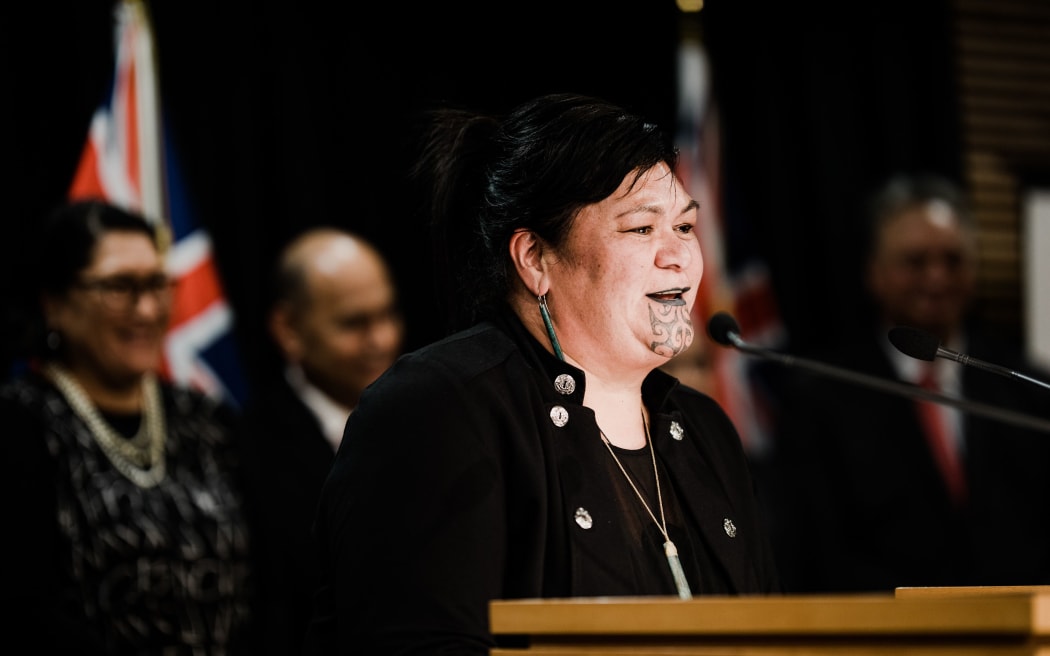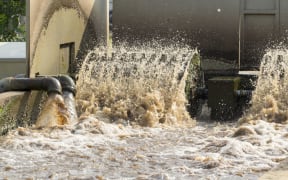Local Government Minister Nanaia Mahuta says councils can take stronger action against companies dumping contaminated waste water, even though they have identified loopholes in the law on fines.

Local Government Minister Nanaia Mahuta (file). Photo: RNZ / Dom Thomas
Opposition parties and environmental groups are calling for change after RNZ revealed hundreds of companies have breached their trade waste consents - often multiple times - in the past year, without penalty.
Forest and Bird said amending the Local Government Act must be a top priority for the government, while a Greenpeace spokesperson said the number of big brands found to have multiple breaches was concerning. National and ACT Party also called for the law to be amended to allow fines to be issued.
Councils have been pleading with successive governments for the last 18 years to fix a loophole in the law to allow them to issue fines, without success.
The Local Government Act 2002 gave councils the power to issue fines but a drafting error in the law meant the regulations allowing it couldn't be written. While they can prosecute breaches in court, it has never been done because it is too costly.
"The reform that I'm leading around Three Waters is designed is to ensure greater regulation of drinking water, and then moving to an oversight role of waste and storm water," Mahuta told Morning Report.
"I do believe more should be done in this area. There are mechanisms for councils to take stronger approaches under the existing law.
"[Councils] have identified certain loopholes but it hasn't prevented them placing infringement notices or, depending on the severity of the case, taking the case to court."
Mahuta said the drinking water regulator will add to higher compliance and oversight of the waste and stormwater area.
"Sitting alongside the regulator we will be better able to isolate and ensure greater compliance of consent-holders so that what they send out back into the receiving environment is better.
"And lets be very clear, consent-holders are infringing their consents.
"Consent-holders need to be more compliant with the terms of their consent."
The new drinking water regulator, Taumata Arowai, will move on to looking at waste water but not for at least two more years.
"As we strengthen the regulatory framework we certainly will be in a stronger position to have a look at what needs to be strengthened," Mahuta said.




